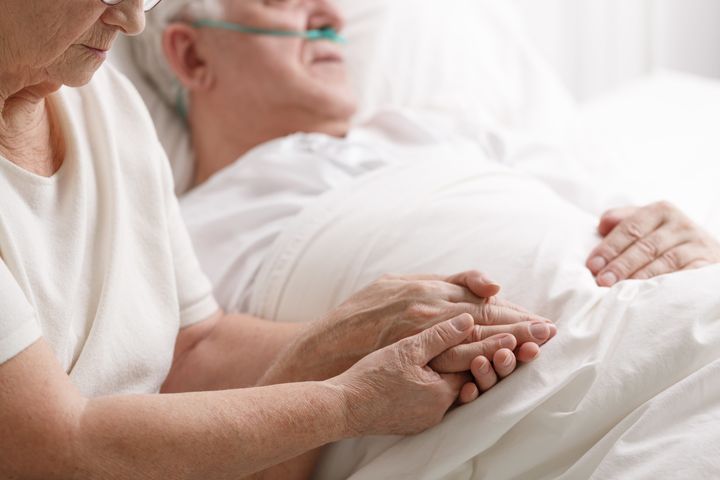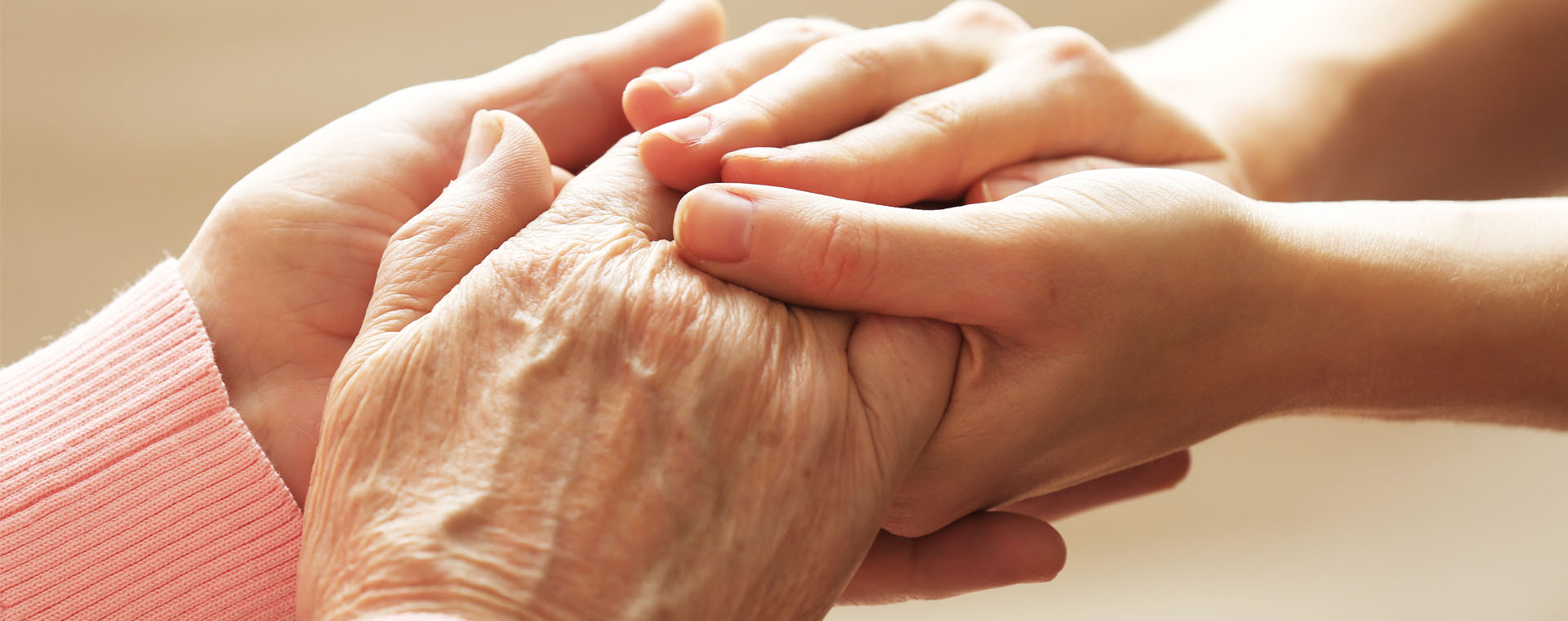Many people are afraid to think about end-of-life care, and even more afraid of talking about it with relatives and loved ones. But, while it may be a difficult conversation to embark on, it is vital that you know your relatives’ wishes before the time comes. You’ll want to ensure that the care they receive matches what they want and prioritises what is important to them.
Coming up with a thorough end-of-life care plan and making sure that everybody involved in a person’s private care adheres to that plan will make a significant difference to the quality of the remainder of their life.

What is end of life care?
End-of-life care is support for people at the end of their life, for their final months. It is designed to be based on the preferences of the dying person. An end-of-life care plan should be put together with the people providing the care and loved ones, as well as the person who is elderly or unwell.
Everybody is entitled to high-quality care when they need it, and end-of-life care is no exception. To put together a plan for somebody’s end-of-life care, you need to consider factors like where they want to die, and how they want to be treated. Many people want to die at home, surrounded by loved ones and the things and memories they care about, while some want to die in hospice care or with specialist medical teams at a hospital.
Above all, end-of-life care is designed specifically for the person who needs it. They should be at the core of all the decision making and should never be sidelined according to somebody else’s preferences.
At MKare we will work with you to prepare an advanced care plan. A valuable document that will guide care providers on how to act and will reassure the person receiving the care that their wishes are being followed. This care plan will be updated periodically if priorities or circumstances change, and it will be informed by the specialist knowledge of doctors and nurses, as well as the desires of the person who is dying.

End-of-life care is support for people at the end of their life, for their final months. It is designed to be based on the preferences of the dying person. An end-of-life care plan should be put together with the people providing the care and loved ones, as well as the person who is elderly or unwell.
Nurses are, of course, part of a team and should not be expected to work in isolation in providing end of life care. However, they are often the people who are seen most by dying people and their families and are also perceived as being approachable and knowledgeable.
At MKare we pride ourselves in the experience and approach adopted by our team:
Communication
Assessment
Coordination
Competence

Some things you will want to understand are:
At the core of this planning is communication. Talk to your loved ones, and make sure you understand exactly what they need at this time. The more you know, the easier it will be to know that you have fulfilled a person’s wishes and not gone against a principle that is important to them.

It is also important to review the decisions you all make periodically. The patient is allowed – and should probably be expected – to change their mind! This is fine, and changes must be incorporated into the care plan as appropriate.
Another thing to prepare for is uncertainty. Things may not play out exactly as desired but, with a solid end-of-life care plan in place, the care will be better than if there is nothing in writing outlining the ideal outcome.




